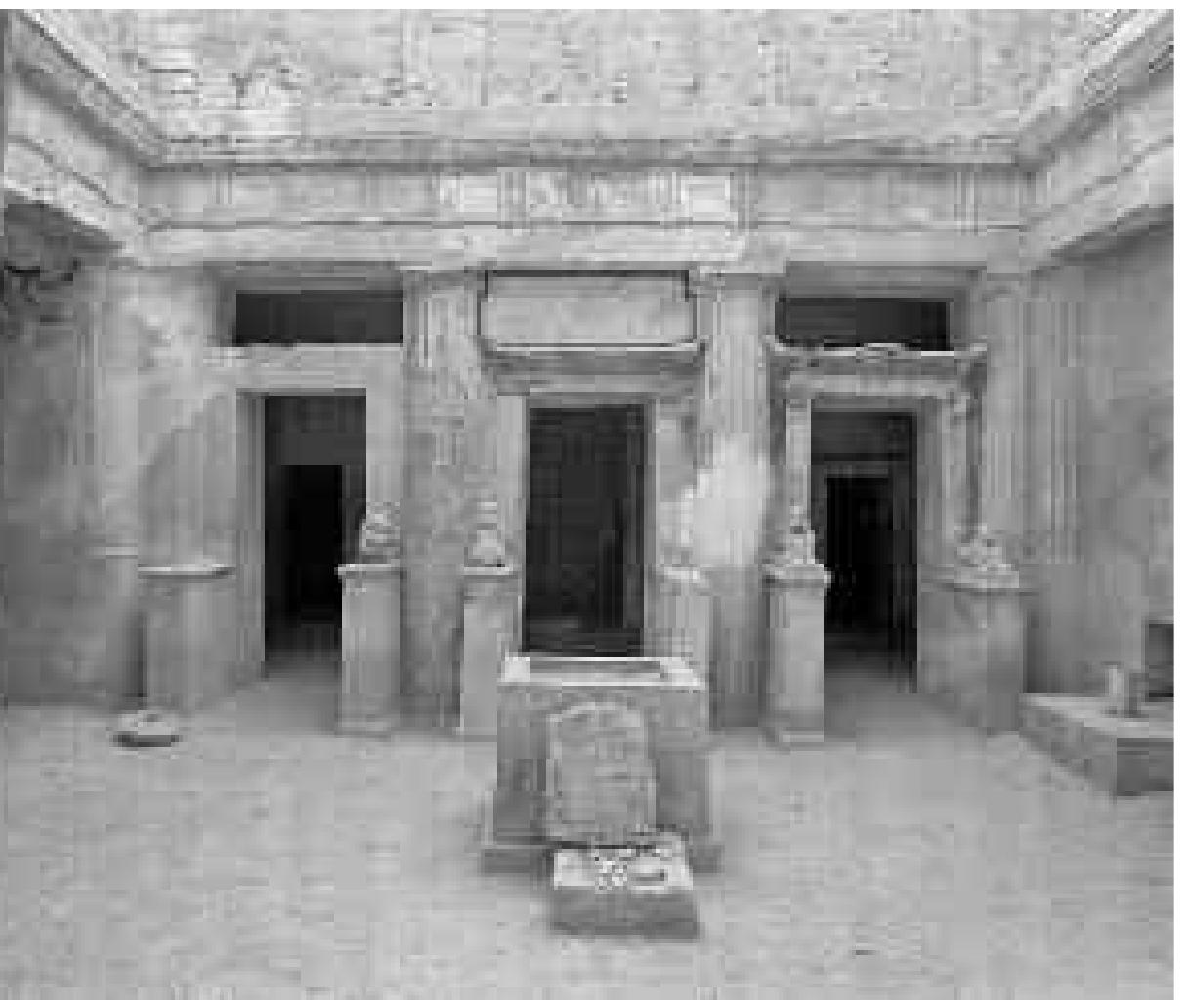The administration led by Donald Trump announced an important plan to move the U.S. Space Command headquarters to Alabama. This choice generated extensive debate and dialogue concerning its strategic and economic effects. The decision was unexpected for numerous individuals, as Colorado had been widely viewed as the leading candidate to keep the command.
The reasoning behind the relocation was complex, involving a mix of political, logistical, and economic considerations. The Space Command’s role is to oversee military operations in space, a domain that has become increasingly critical for national security. Its responsibilities include protecting U.S. and allied space assets, monitoring potential threats, and ensuring the freedom of operation in space. Therefore, the location of its headquarters is a matter of strategic importance.
The choice to relocate the headquarters from Colorado Springs to Huntsville, Alabama, elicited varied reactions. Proponents of the relocation, which included numerous Alabama politicians and business figures, celebrated it as a significant triumph for the state. They contended that Huntsville, often referred to as “Rocket City,” boasts a rich and notable history in the realms of aerospace and missile defense. The city hosts the Marshall Space Flight Center, a prominent NASA installation, as well as the Redstone Arsenal, a vital U.S. Army base. This pre-existing infrastructure, they argued, positions Huntsville as an ideal location for the Space Command. The claim was made that merging these essential aerospace and defense operations in a single place would generate strong synergy, improving efficiency and collaboration. Additionally, the move was perceived as a catalyst for Alabama’s economy, with promises of thousands of well-paying jobs and substantial investment in the area.
However, opponents of the move raised several concerns. They pointed to the extensive existing infrastructure and a skilled workforce already in place in Colorado. Colorado Springs is home to a number of key military installations, including Peterson Space Force Base, Schriever Space Force Base, and the U.S. Air Force Academy. They argued that the cost of relocating the entire command, including personnel and equipment, would be substantial and potentially disruptive to ongoing operations.
There were also concerns that the move was politically motivated, as Alabama is a strongly Republican state. Critics suggested that the decision was a reward for political loyalty rather than a sound strategic choice. The potential for a loss of institutional knowledge and the challenge of retaining personnel during a transition were also major points of contention. The debate over the location highlighted the complex interplay between military strategy, economic development, and political influence.
The final decision on the location of the U.S. Space Command headquarters has far-reaching implications. For Alabama, it solidifies the state’s position as a major hub for aerospace and defense. The influx of new jobs and economic activity could transform the Huntsville region, creating new opportunities for businesses and residents. It is a long-term investment that could pay dividends for decades. For Colorado, the loss of the command is a significant blow.
Although the state continues to play a significant role in the aerospace and defense industries, the shift marks a lost chance and could be a disadvantage. The wider consequences of this transition pertain to the future direction of U.S. military activities in outer space. The Space Command stands at the leading edge of a novel period in military rivalry, as nations such as China and Russia are crafting sophisticated anti-satellite capabilities and other skills related to space. The Space Command’s ability to perform effectively in this climate relies not solely on its technology and workforce but also on its operational consistency. Thus, the move to a different site must be conducted with caution to make certain it does not threaten national security.
The decision to move the U.S. Space Command to Alabama is a multifaceted issue that touches upon military strategy, economic policy, and political dynamics. While the supporters of the move emphasize the benefits of consolidating aerospace expertise in “Rocket City,” the critics raise valid points about the costs, disruptions, and potential political motivations behind the decision.
The ongoing debate underscores the high stakes involved in the new military and economic frontiers of space. The relocation of the headquarters is not merely a change of address; it is a strategic decision that will shape the future of U.S. military operations in space for years to come. The move represents a new chapter for both Alabama and the U.S. Space Force, with both opportunities and challenges ahead. The decision highlights how critical space has become, moving from a frontier for exploration to an arena for military and economic competition.




